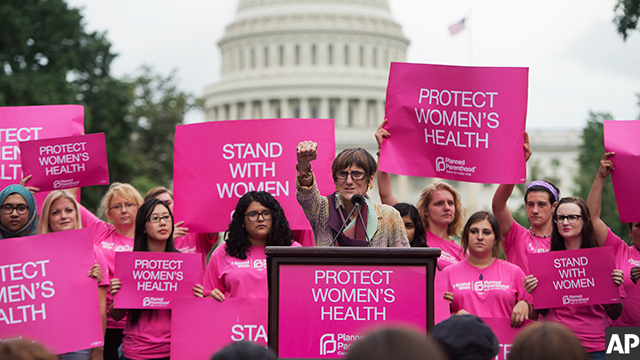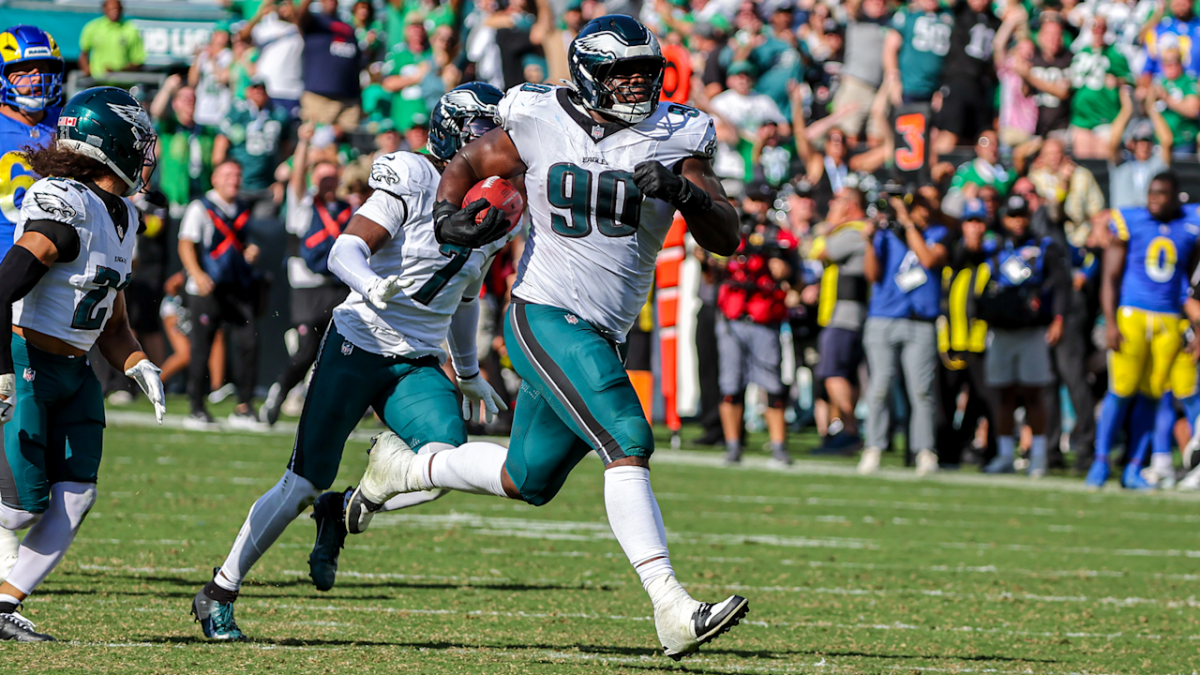Editorial: Has our perception of ‘feminism’ changed?
May 16, 2017
Has our perception of feminism changed?
In the 21st century, it would seem as though civil rights movements are widely accepted. We embrace one another for what we believe in, forming a mutual respect amongst those who feel strongly about equality. The issue is: is this acceptance a concrete ideal, or just a hopeful facade?
The feminist movement began in 1848, long before anyone of us had been alive. The concept seems simple: the equal rights and treatment of women in politics, economics, education, and the work place. The moral standards have been upheld over generations and the movement has evolved to fit the modern women. All in all, it’s about giving women a choice, and a voice.
Yet, the word “feminist” seems to continuously to stir up controversy. Why? Why do we slander women and men for believing in the equal treatment of all people despite gender?
Somewhere along the way, feminist came to mean “man hater” or a woman who believed she was better than any man. Masculinity proved too weak to handle anybody who believed in the equal worth of femininity. The word became a tease, a jab at people who begged for progress.
“Society is too scared to accept change.” Says senior Noah Gomes. Proved time and time again, after generations of fighting for equality for women of all woman kind, society has instilled a patriarchy that will not make way for true equality.
“Feminism has an unfair stigma attached to it that women have a hatred against men. The majority parade their version of equal rights while the women are short changed, just like the struggles minorities are plagued with today.” Says senior Daniel Gaines, offering a different explanation. Similarly to Gaines, junior Gianna Micalizzi says, “Society misconstrues feminism as the overpowering of men.”
The misconstruction of the feminist ideals can be disproven by the fact that feminism is built on a base of equality. This meaning that men benefit from this movement as well. Though there are countless ways men prosper as well as women as a result of feminism, three major factors are the easiest to see:
•Economy: showcased through the Second World War often, women in the work force help boost the economy and assist in lowering unemployment. Women are not just needed in times of war though, after this shift ladies continue to be a vital aspect of the work force. Half of the modern work force is women, and without these workers, the burden of work would fall onto men, toppling the economy.
•Sexual Assault: feminism played a key role in expanding the definition of rape and sexual assault to include men and non binary genders. This aspect was not previously included in federal and state laws, making the sexual assault of a man practically legal. Prisons and jails soon came under

scrutiny by feminist organizations for turning a blind eye to the horrific sexual abuse that occurred while men and women were in custody, leading lawmakers to pass bills that assisted incarcerated individuals in pressing charges against their abusers.
•Planned Parenthood: planned parenthood isn’t just for ladies! The healthcare provider works tirelessly to ensure the reproductive health and well being of both women and men, and educates them on their options when it comes to family planning. This company was founded by women in hopes of giving them a choice, which is the core ideal of any feminist.
And yet with these reasons, with all the progress women have made in an effort to help all of the people living on this earth, there are still “meninist” Twitter accounts with tens of thousands of followers with content based solely on degrading women and feminists.
The question remains: had our perception of feminism changed? Will it ever?
The sole way of bringing light to an issue, of dispelling ignorance, is to talk about it. Have the discussion. Ask your friends and your family if they are feminists. If they are not, ask them why. Progression is all about listening and understanding, and progress will cease to occur if society continues to perceive “feminism” as a diet word.
“Feminist: the person who believes in the social
Political, and economic equality of the sexes” Chimamanda Ngozi Adichie













































